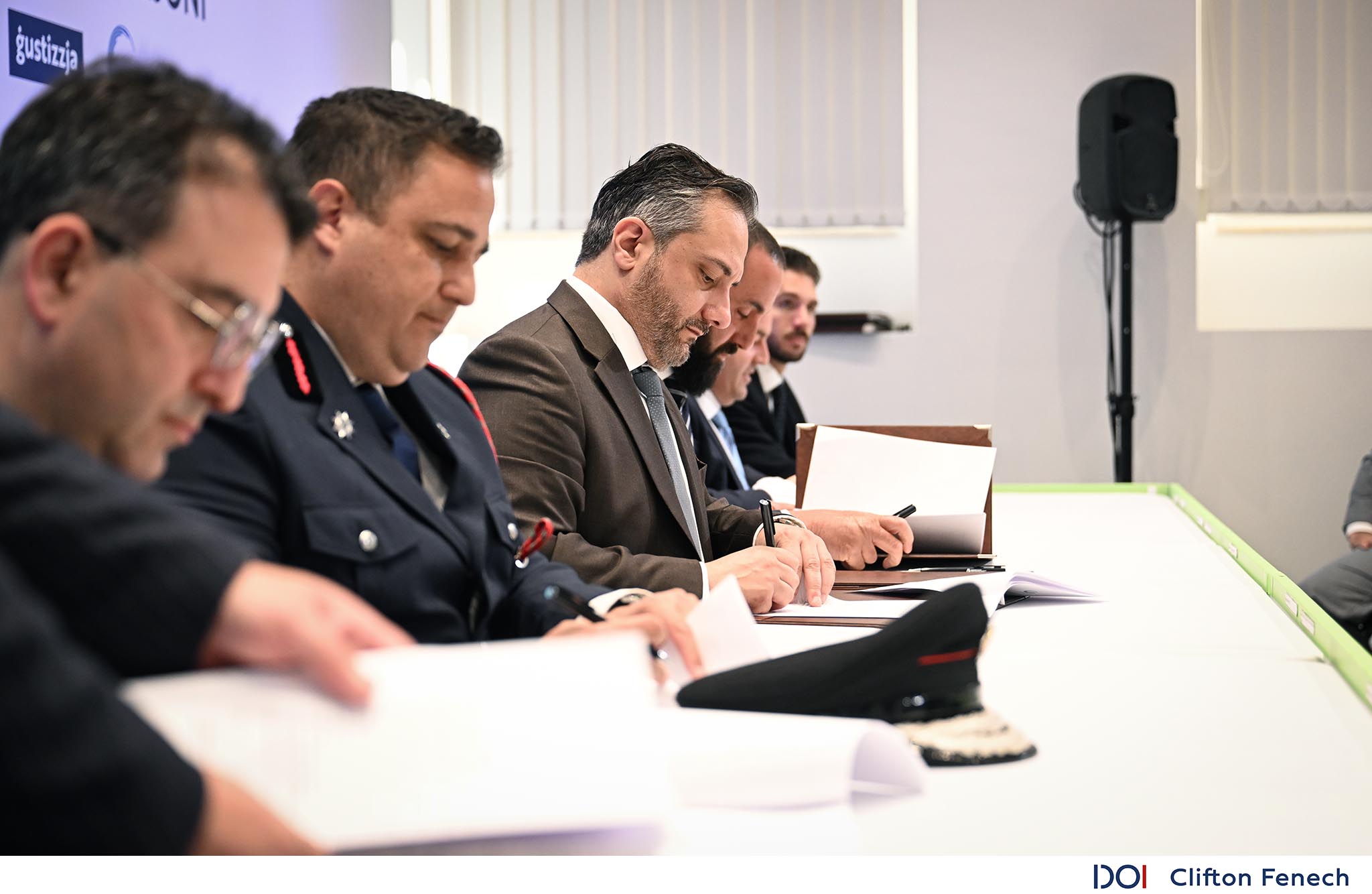CIR 04/25 | Commencement of Works, References for Contractors, and Design of Lift Shafts
The Council of the Kamra tal-Periti would like to bring to your attention the following updates.
1. Commencement of Works
Following a successful testing period, the BCA has fully transitioned to the digital site management responsibility form, which is accessible through its dedicated portal. We are informed that the initial issue of partnerships not appearing in the drop-down lists has now been conclusively resolved.
A number of partnerships have, however, requested that a dedicated login and delegation system be created for them, similar to what is available on the PA’s planning portal. At present, partners within a partnership are required to create delegations through their personal logins. While this has no bearing on liability – since liability is derived from the form itself, which is published on eApps – the Kamra has opened discussions to explore the possibility of introducing partnership logins as well.
2. Reference Letters for Contractors
The Council has been informed that certain officials were rejecting reference declarations submitted by periti in support of contractors’ licence applications, on the grounds that some periti had crossed out skills they had not directly witnessed the contractor executing.
These rejections are contrary to the agreement reached with BCA senior management and the Licensing Committee last year. The matter was immediately raised with the BCA CEO, and we understand that it has now been resolved.
Periti are reminded to continue following the guidance set out in Circular CIR 07/24, and to report any instances of coercion or procedural irregularities in the processing of reference letters to the Council.
3. Design of Lift Shafts
The MCCAA, as Malta’s competent authority on lifts, has issued a circular addressed to periti in view of a recurring pattern of poor lift shaft design, which appears to have led to an over-reliance on requests for derogations. The MCCAA reminds periti that derogations are intended only for strictly exceptional circumstances where it is genuinely impossible to meet the standard refuge space requirements.
The Council strongly advises periti to incorporate lift design standards – including lift pits, headroom, noise and vibration insulation, and structural considerations – at the earliest design stages, preferably prior to the submission of a planning application.
The full MCCAA circular addressed to periti can be found below.

